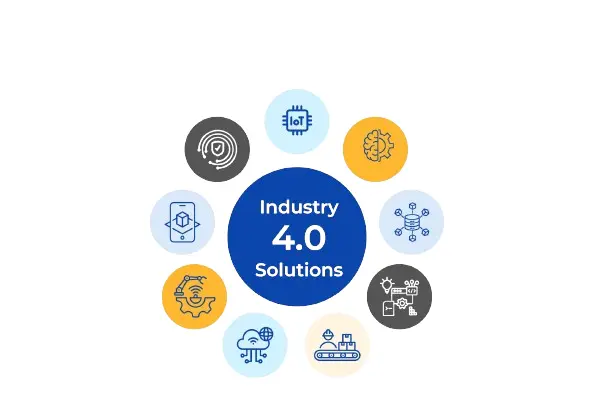Course Overview
This course covers advanced prototyping and testing techniques essential for refining product designs. Participants will learn about various prototyping methods, including 3D printing and CNC machining, and how to conduct thorough testing to validate prototypes. The course includes hands-on exercises with tools and software to provide practical experience in developing and testing prototypes.
Course Duration
5 Days
Target Audience
- Product Development Engineers
- Prototyping Specialists
- Quality Control Engineers
- R&D Managers
- Design Engineers
Organizational Impact
- Accelerated product development through effective prototyping techniques.
- Improved product quality and performance through rigorous testing.
- Reduced risk of design failures and production issues.
Personal Impact
- Enhanced skills in creating and testing prototypes using advanced methods.
- Increased ability to analyze and utilize test data for design refinement.
- Proficiency in using modern prototyping and testing tools and technologies.
Course Level:
Course Objectives
- Master advanced prototyping methods and their applications.
- Learn techniques for effective prototype testing and validation.
- Utilize test results to make informed design improvements.
- Gain practical experience with modern prototyping and testing tools.
Course Outline
Module 1: Introduction to Prototyping Techniques
- Overview of prototyping methods (e.g., 3D printing, CNC machining).
- Criteria for selecting appropriate prototyping techniques.
- Benefits and limitations of different methods.
- Preparation and setup for effective prototyping.
- Case Study: Comparing different prototyping methods using 3D printing software and CNC tools.
Module 2: 3D Printing and Additive Manufacturing
- Fundamentals of 3D printing technologies and materials.
- Techniques for setting up and operating 3D printers (e.g., MakerBot, Ultimaker).
- Designing and preparing models for 3D printing using software like Tinkercad and Fusion 360.
- Post-processing and finishing techniques for 3D-printed prototypes.
- Case Study: Developing a prototype using 3D printing and evaluating its effectiveness.
Module 3: CNC Machining and Precision Prototyping
- Basics of CNC machining and its applications in prototyping.
- Setting up and operating CNC machines (e.g., Haas, Tormach) for precision.
- Techniques for achieving high accuracy and quality.
- Troubleshooting common CNC machining issues.
- Case Study: Creating and evaluating a CNC-machined prototype.
Module 4: Prototyping for Functional Testing
- Designing prototypes specifically for functional testing.
- Methods for testing performance attributes (e.g., durability, usability).
- Conducting functional tests and interpreting results.
- Identifying and addressing potential issues revealed through testing.
- Case Study: Conducting functional tests on a prototype and analyzing the results using data analysis software.
Module 5: Analyzing Test Results and Design Refinement
- Methods for analyzing data from prototype testing.
- Using test results to refine and improve product designs.
- Incorporating feedback and adjustments into the design process.
- Best practices for documenting and communicating test findings.
- Real-Life Project: Applying insights from prototype testing to refine a product design using analysis and simulation tools.
Related Courses
Course Administration Details:
METHODOLOGY
The instructor-led trainings are delivered using a blended learning approach and comprise presentations, guided sessions of practical exercise, web-based tutorials, and group work. Our facilitators are seasoned industry experts with years of experience, working as professionals and trainers in these fields. All facilitation and course materials will be offered in English. The participants should be reasonably proficient in English.
ACCREDITATION
Upon successful completion of this training, participants will be issued an Indepth Research Institute (IRES) certificate certified by the National Industrial Training Authority (NITA).
TRAINING VENUE
The training will be held at IRES Training Centre. The course fee covers the course tuition, training materials, two break refreshments, and lunch. All participants will additionally cater to their travel expenses, visa application, insurance, and other personal expenses.
ACCOMMODATION AND AIRPORT PICKUP
Accommodation and airport pickup are arranged upon request. For reservations contact the Training Officer.
- Email: [email protected]
- Phone: +254715 077 817
TAILOR-MADE
This training can also be customized to suit the needs of your institution upon request. You can have it delivered in our IRES Training Centre or at a convenient location. For further inquiries, please contact us on:
- Email: [email protected]
- Phone: +254715 077 817
PAYMENT
Payment should be transferred to the IRES account through a bank on or before the start of the course. Send proof of payment to [email protected]
Click here to register for this course.
Register NowCustomized Schedule is available for all courses irrespective of dates on the Calendar. Please get in touch with us for details.
Do you need more information on our courses? Talk to us.









